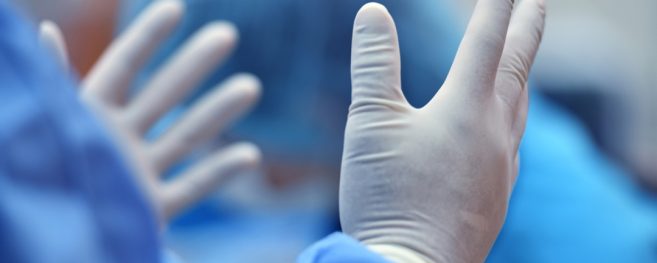An Update on Dietary Fats
For years, fat was considered detrimental to our diet. We were urged to banish it whenever possible. We switched to low-fat foods. But that shift did not make us healthier, probably because we cut back on healthy fats as well as harmful ones, while adding more processed, refined carbohydrates.
Your body needs some fat from food. It’s a major source of energy. It helps you absorb some vitamins and minerals. Fat is needed to build cell membranes, it is also needed for blood clotting and muscle movement.
For long-term health, some fats are better than others. Good fats include monounsaturated and polyunsaturated fats. Bad fats include industrial-made trans fats. Saturated fats are now thought to fall somewhere in the middle.
The worst type of dietary fats are Trans Fats. Trans Fats (bad fats) are a type of fat that is created when hydrogen is added to fat (typically vegetable oil). The addition of the hydrogen helps to make the fat more “shelf-stable” preventing it from spoiling when left unrefrigerated.
Eating foods rich in trans fats increases the amount of harmful LDL cholesterol in the bloodstream and reduces the amount of beneficial HDL cholesterol. Trans fats also create inflammation, which is linked to heart disease, stroke, diabetes, and other chronic conditions. They also contribute to insulin resistance, which increases the risk of developing type 2 diabetes.
Trans Fats were typically found in fried foods, as well as packaged desserts such as cookies and pies. Due to the potential health risks associated, the food industry has diminished the amounts of Trans Fats previously found in many foods.
Saturated Fats (in between fats) are fats that are saturated with hydrogen molecules. These fats are typically solids at room temperature. Saturated fats are found in naturally occurring foods such as meats and dairy products.
Saturated fats have been thought to increase levels of cholesterol, particularly LDL (bad cholesterol), while lowering heart healthy HDL levels. However, there have been a handful of recent studies that show that here was not enough evidence to conclude that saturated fat increases the risk of heart disease. They also conclude that that replacing saturated fat with polyunsaturated fat, one may actually REDUCE risk of heart disease.
Monounsaturated and Polyunsaturated Fats (good fats) come mainly from vegetables, nuts, seeds, and fish. They differ from saturated fats by having fewer hydrogen atoms bonded to their carbon chains. Healthy fats are liquid at room temperature, not solid.
Monounsaturated Fats are found in foods such as olive oil, peanut oil, canola oil, avocados, and most nuts, as well as safflower and sunflower oils. Diets rich in these types of foods have been linked to a lower risk of heart disease.
Polyunsaturated fats are essential fats. That means they’re required for normal body functions but your body can’t make them. So you must get them from food. These fats are typically found in fatty fish such as salmon, mackerel, and sardines, flaxseeds, walnuts, canola oil, and unhydrogenated soybean oil.
Polyunsaturated fats are used to build cell membranes and the covering of nerves. They are needed for blood clotting, muscle movement, and inflammation. A diet rich in Polyunsaturated Fats has also been shown to reduces harmful LDL cholesterol and improve the cholesterol profile. It also lowers triglycerides, and may even may help prevent and even treat heart disease and stroke.
As you can see, some dietary fats are potentially helpful and others potentially harmful to your health, therefore it pays to know which ones you’re eating and whether you’re meeting national recommendations. If you should have any further questions, please feel free to discuss these recommendations further with our dietitians at your next appointment.
http://www.health.harvard.edu/staying-healthy/the-truth-about-fats-bad-and-good











